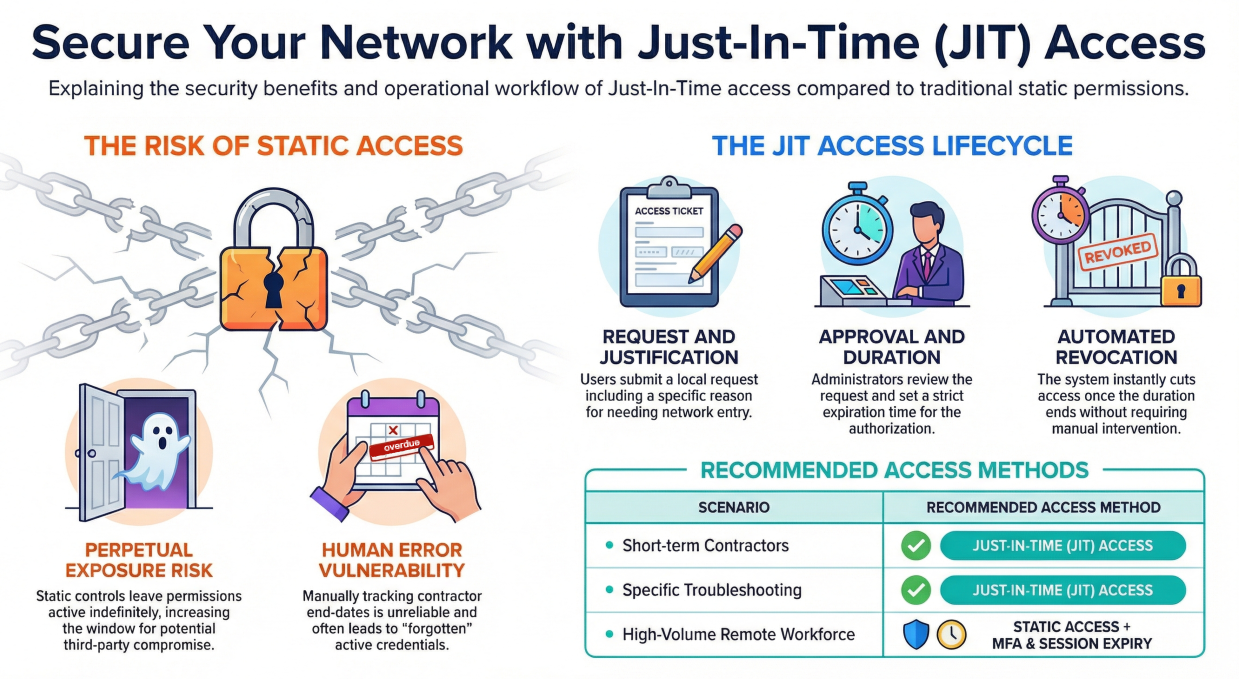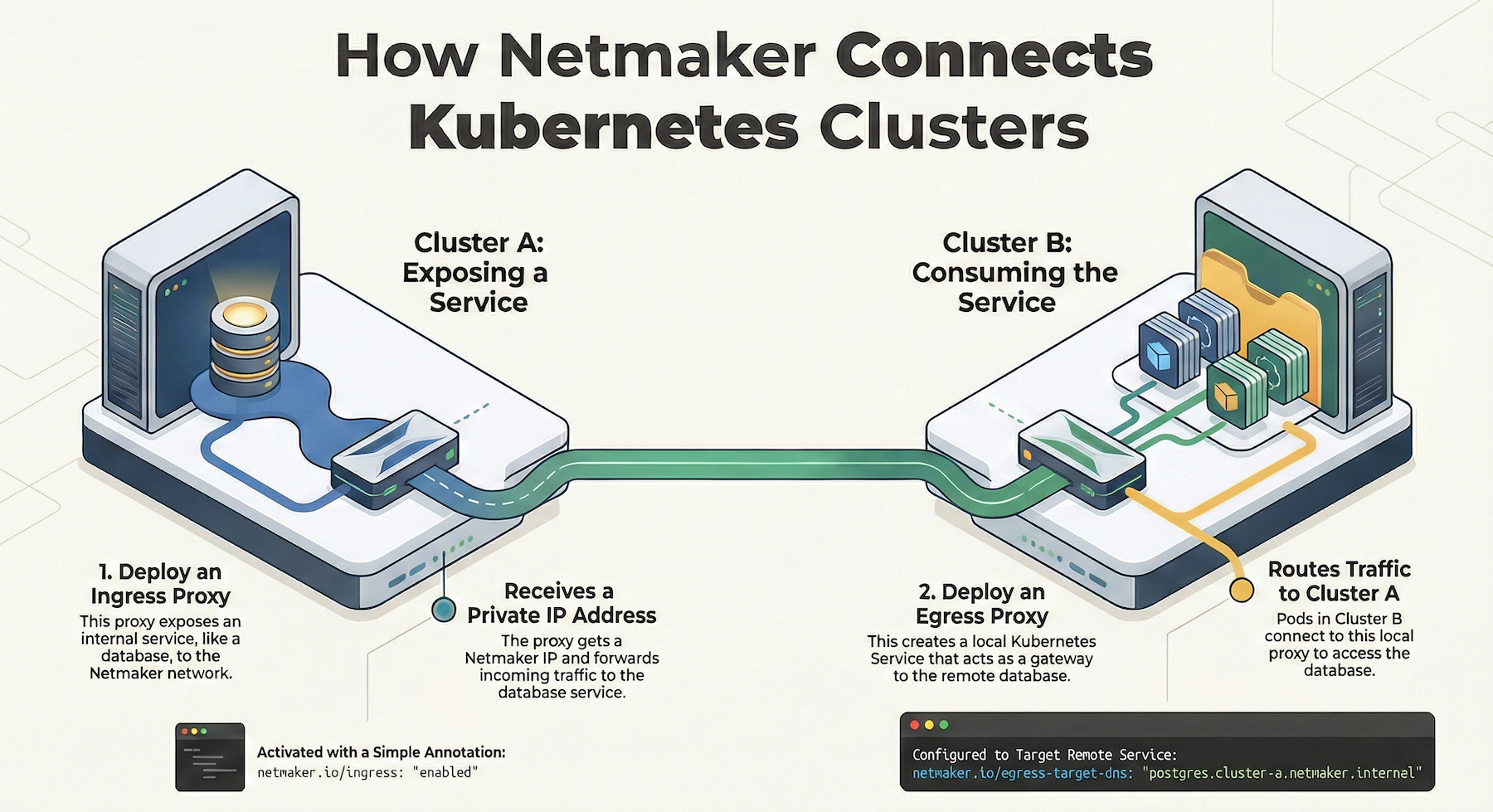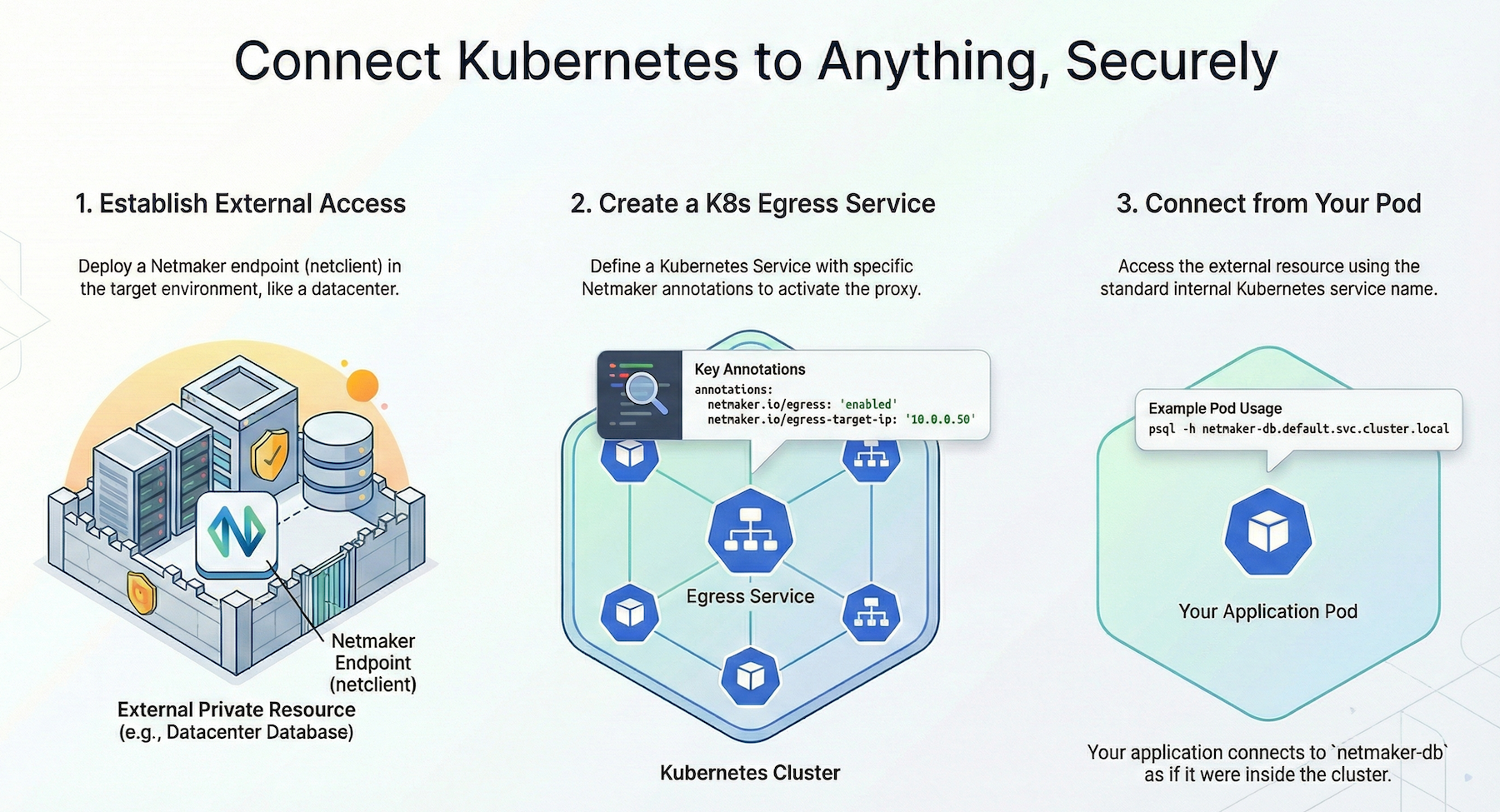Maintaining Regulatory Data Compliance In Your Network

Compliance refers to following specific rules or standards set by governing bodies or industry regulators. In terms of networking for IT service providers, it means adhering to guidelines related to managing customer information securely within an organization's network infrastructure.
For most businesses today, managing sensitive customer information is a crucial part of their operations. Think financial records, health records, credit card numbers, personally identifiable information (PII) like names and addresses – all of which require strict security measures to safeguard confidentiality and prevent unauthorized access.
Failure by an organization or its employees to comply with relevant regulations can result in significant consequences, such as legal action from affected parties or hefty fines from regulatory bodies. It’s essential for IT service providers to adhere strictly to applicable laws concerning how they handle customer information on their networks.
Understanding Compliance Requirements
Different industries and regions have varying compliance requirements, and it is crucial for organizations to be aware of them. Here are some common regulations that may apply to your business:
GDPR: Data protection and privacy for EU citizens.
The GDPR, which came into effect in 2018, is a comprehensive data protection regulation applicable to all member states of the European Union (EU). It aims to protect the personal data of EU citizens by giving them greater control over their information. The regulation applies not only to businesses physically located within the EU but also those outside that process or store personal data from EU citizens.
SOC 2: Security, availability, processing integrity, confidentiality, and privacy of customer data.
SOC 2 reporting standards were developed by the American Institute of CPAs (AICPA) as a risk management framework for service providers handling sensitive customer information. This standard evaluates an organization's ability to ensure secure systems operation while protecting client information against unauthorized access.
HIPAA: Protection of sensitive patient data in the healthcare sector.
HIPAA is a US law that requires entities handling protected health information (PHI) – including healthcare providers and insurance companies – to implement security measures that protect patients' confidentiality rights. HIPAA regulations cover both electronic PHI and physical records containing patient-sensitive medical details like diagnoses or treatments.
PCI DSS: Security standards for organizations that handle credit card information.
The PCI DSS is a set of security standards established by major credit card companies such as Visa, Mastercard, Amex, etc., to safeguard customers' financial transactions involving credit cards. Organizations must comply with these regulations if they accept or process credit card payments on their networks.
Compliance, IT Services, and VPNs
These regulations have significant impacts on IT Services companies that manage customer data across varying geographies and industries.
Across these standards, IT services companies must implement appropriate technical and organizational measures to ensure the security and confidentiality of personal data throughout its lifecycle.
Additionally, IT Services Companies must have appropriate data controls that manage the privacy of data as it is accessed and transferred. This can be particularly challenging, given such companies must often manage their clients’ data remotely, or allow them to access data remotely (e.g. from the office to the cloud). Transferring data over the internet between different organizations can create compliance headaches for such companies.
In this context, virtual private networks (VPNs) are an essential tool that can help IT service providers meet these requirements effectively. Varying types of VPNs, from split-tunnel to full-tunnel, site-to-site, point-to-point, and more, can help create the exact data access patterns required, without creating a perimeter that is too large.
However, IT Services companies still must be careful, because many options for VPNs are managed by 3rd parties, meaning that there is the potential, however small, for data leaks and breaches within the VPN company.
Still, the alternative is to implement a custom VPN solution which is managed by the IT Services company. This can become a bottleneck, have logistical challenges, become cumbersome, and even risk leaks of your own if not properly configured.
How Netmaker's On-Prem Solution Can Help
Netmaker offers a self-hosted VPN solution that can help organizations maintain control over their network while meeting regulatory compliance requirements as they relate to network security.
Netmaker’s on-prem version of the VPN platform allows companies to create many patterns of VPN, segment access across their customers, while maintaining complete data ownership.
Key Features
Remote Access Client: With Netmaker's remote access client feature, employees can securely connect to the organization's network from anywhere without compromising sensitive company or customer information.
User Access Controls and OAuth Integration: Netmaker allows granular user access controls through integration with OAuth-based identity management systems like Okta or Auth0, ensuring only authorized users have access to specific resources within the network.
Internet Gateways: Netmaker's internet gateways help organizations securely transfer data between their network and the public internet, which is a crucial requirement for GDPR compliance.
Network Segmentation: With Netmaker, organizations can segment networks between customers, keeping data separated, and create low-level policies about device access, to minimize the security perimeter.
Self-Hosting for Enhanced Compliance
Netmaker's on-prem solution is particularly beneficial for organizations that need enhanced control over their data processing activities. By hosting the control plane themselves, organizations have complete transparency over how their network operates, who has access to it, and where data is being transferred, without reliance on a 3rd party. This level of control significantly reduces risks associated with third-party server breaches or unauthorized access to sensitive information.
Additionally, self-hosting also helps meet GDPR requirements such as data minimization by reducing reliance on external servers for storing customer information. It also provides greater flexibility in terms of customizing security measures according to specific business needs.
Conclusion
Maintaining regulatory compliance in your network infrastructure is essential for all businesses but especially critical for IT service providers. Failure to comply with relevant regulations can result in severe consequences that could harm both an organization's reputation and its bottom line.
Netmaker offers an on premise VPN solution that not only enhances security but also helps meet various regulatory requirements like GDPR effectively. With features that enable remote access, user management, network segmentation, and more, Netmaker provides an ideal platform for organizations looking to prioritize compliance while maintaining control over their networks.
We encourage all IT service providers to prioritize compliance when designing their network infrastructure and consider using solutions like Netmakers on-prem option for enhanced control and security. Personal data protection has become a top priority globally, so businesses must stay ahead of regulations by implementing secure systems that protect customer information at all times.
Enhancing Regulatory Data Compliance with Netmaker
Netmaker provides robust solutions to help IT service providers maintain regulatory data compliance. By leveraging its advanced networking capabilities, Netmaker effectively aids in managing secure connections and protecting sensitive customer data. One of the key features is its ability to create secure, encrypted virtual private networks (VPNs) across different devices and locations. This ensures that data in transit remains protected from unauthorized access, aligning with regulations like GDPR and SOC 2 that emphasize data security and confidentiality. Additionally, Netmaker's architecture supports containerized environments using platforms like Docker and Kubernetes, which can enhance scalability and improve resource allocation for compliance-related processes.
Furthermore, Netmaker's infrastructure is designed to support HIPAA compliance by facilitating secure handling of protected health information (PHI). Its compatibility with existing IT systems and advanced server installation options allow for seamless integration into complex network architectures, ensuring that all compliance requirements are met without disrupting operations. The platform also supports automated updates and management, reducing the risk of human error and enhancing overall network security. For IT service providers looking to bolster their compliance efforts, Netmaker offers a comprehensive and flexible solution. Get started with Netmaker today by signing up at https://account.netmaker.io/signup.
.svg)








.svg)